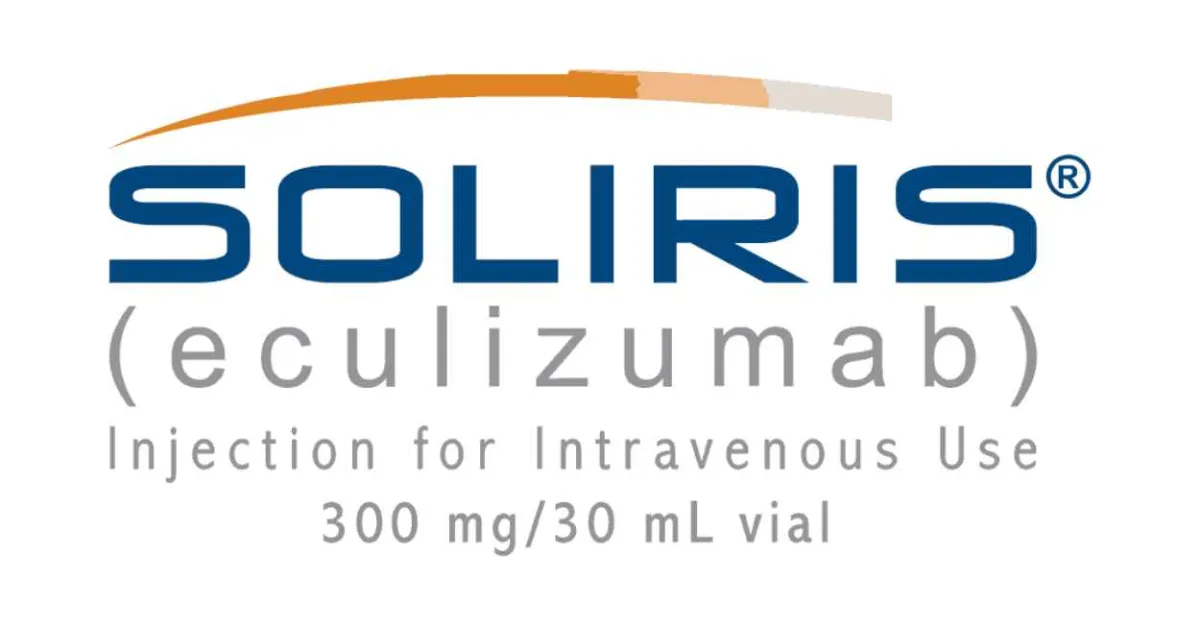Soliris (eculizumab) has been approved in Japan for expanded use to include the treatment of generalised myasthenia gravis (gMG) in paediatric patients who are anti-acetylcholine receptor (AChR) antibody-positive and whose symptoms are difficult to control with high-dose intravenous immunoglobulin (IVIG) therapy or plasmapheresis (PLEX). Soliris is the first and only targeted therapy approved for the treatment of children and adolescents with gMG in Japan.
The approval by the Japanese Ministry of Health, Labour and Welfare (MHLW) was based on results from the Phase III trial of Soliris in paediatric patients with refractory gMG.
In the trial, Soliris demonstrated clinical benefit in paediatric patients with refractory gMG who previously failed immunosuppressive treatment and continued to experience significant unresolved disease symptoms. Soliris showed significant improvement in the primary endpoint of change from baseline in Quantitative Myasthenia Gravis (QMG) total score at week 26, a physician-reported scale assessing disease severity and function (-5.8 [95% CI -8.4, -3.13], p=0.0004).
gMG is a rare, debilitating, chronic, autoimmune neuromuscular disease that leads to a loss of muscle function and severe weakness.2
Keiko Ishigaki, MD, PhD, Department of Pediatrics, Tokyo Women's Medical University, School of Medicine, Tokyo, Japan, said: “gMG is challenging to manage in paediatric patients, as current therapies available to this population, such as immunosuppressants, may not offer adequate control as the disease progresses. Today’s expanded approval of Soliris in Japan demonstrates the impact of C5 complement inhibition in treating gMG, offering paediatric patients a targeted option with the potential to preserve muscle function and reduce disease severity.”
Marc Dunoyer, Chief Executive Officer, Alexion, said: “Paediatric patients living with gMG can become nonresponsive to standard treatments and continue to experience symptoms that impact their mobility, speech and breathing. Our first-in-class C5 inhibitor Soliris has the potential to improve outcomes and quality of life for paediatric patients and their families, and we take pride in delivering this first and only targeted therapy to the paediatric gMG community in Japan.”
The efficacy and safety of Soliris in paediatric patients is consistent with the established profile of Soliris in clinical trials involving adults with refractory gMG. In the Phase III clinical trial of paediatric patients, the majority of reported adverse events were considered mild or moderate. The most common adverse events were headache and nasopharyngitis.
Soliris was first approved in Japan in 2017 for the treatment of certain adults with gMG and is also approved for certain adults with gMG in the US, China and the European Union (EU). Soliris was also recently approved in the EU for expanded use to include the treatment of refractory gMG in children and adolescents aged six to 17 years who are AChR Ab+. Regulatory submissions for Soliris for the treatment of paediatric patients with gMG are currently ongoing or planned with multiple health authorities.
gMG
gMG is a rare autoimmune disorder characterised by loss of muscle function and severe muscle weakness.
Eighty percent of people with gMG are AChR antibody positive meaning they produce specific antibodies (anti-AChR) that bind to signal receptors at the neuromuscular junction (NMJ), the connection point between nerve cells and the muscles they control.2, 5-8 This binding activates the complement system, which is essential to the body’s defence against infection, causing the immune system to attack the NMJ.2 This leads to inflammation and a breakdown in communication between the brain and the muscles.
gMG can occur at any age, but it most commonly begins for women before the age of 40 and for men after the age of 60.9-11 Initial symptoms may include slurred speech, double vision, droopy eyelids and lack of balance; these can often lead to more severe symptoms as the disease progresses such as, impaired swallowing, choking, extreme fatigue and respiratory failure.














